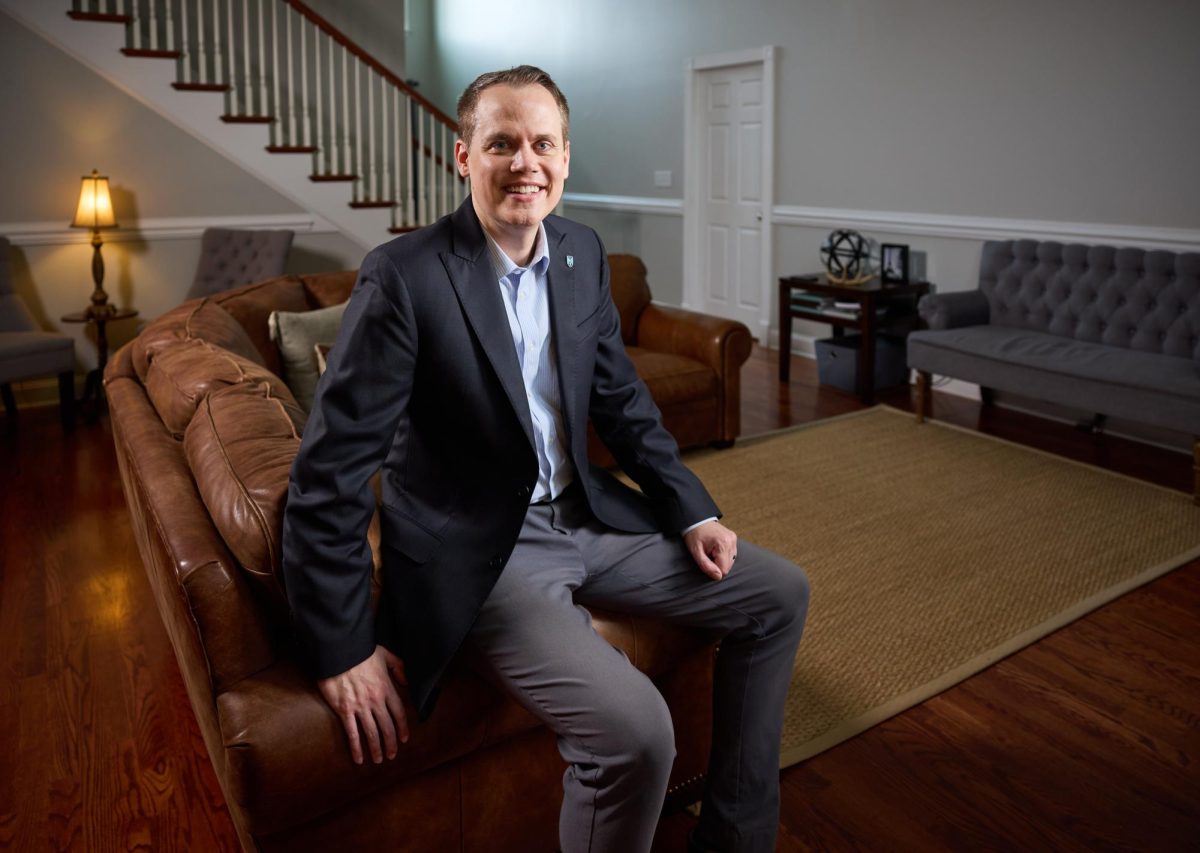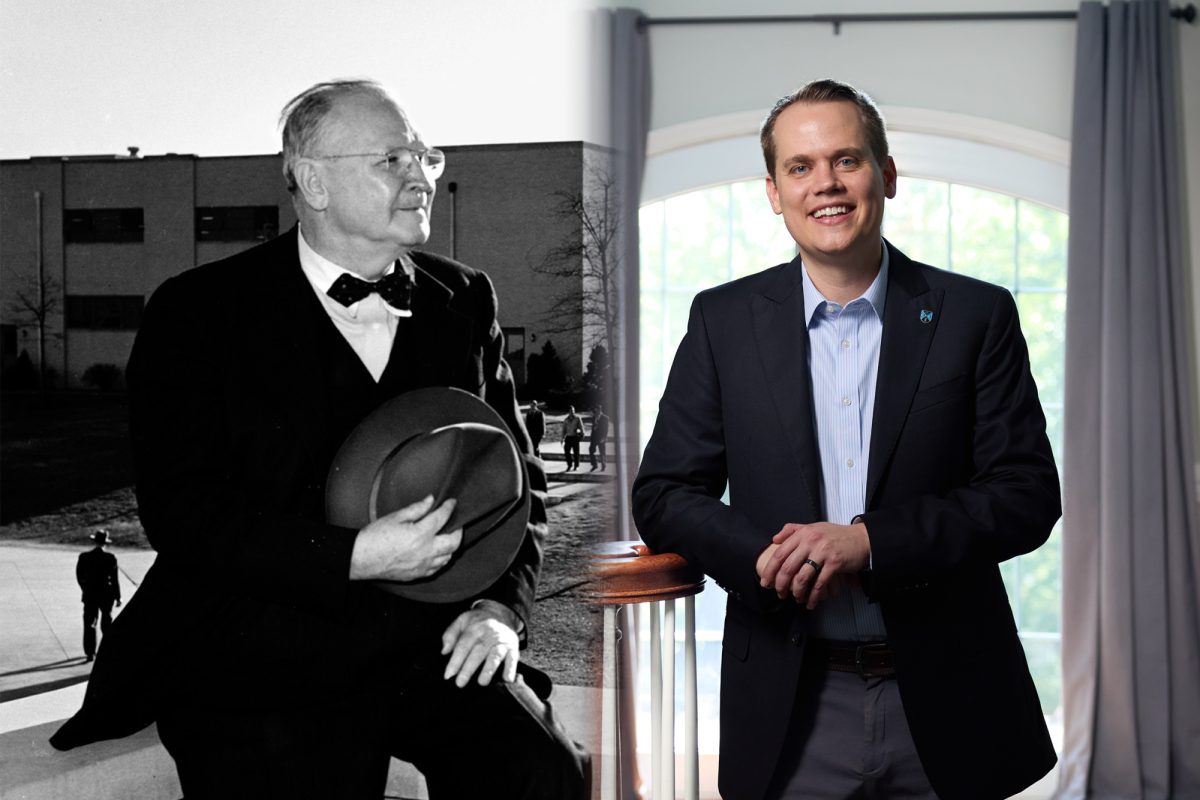Almost everyone chooses when to wake up, what and when to eat, what to wear and whom to associate with.
Variations occur when boundaries and stipulations are in place, but ultimately everyone chooses who to be and what to look like to the world.
“The choice is yours,” “make your own choice” and “follow your heart” are common phrases in media and even conversation that reflect the postmodern idea that individuals have the freedom to determine their own reality.
Isn’t this what we want, though? Isn’t this the whole point of America—freedom?
Unfortunately, there’s a problem with this seemingly perfect view of life. Religion has been left out.
What about God?
I’m afraid that too many college students become preoccupied with their majors, schedules, friends, after school plans, job and even ministry organizations.
I’ve definitely fallen victim to prioritizing all of these at some point in the general scheme that is college.
But let’s call it what it really is; anything that takes the place of God is idolatry.
Even deeper than that, we are daring to say we think we can run our lives better than God is able to.
We are giving ourselves authority that we do not have. This is the danger of listening to society’s lies. It’s a sin.
Simply put, society is slowly embracing the idea of self-autonomy, but what does this redundant-sounding phrase even mean?
Well, “autonomous” means self-governing; therefore, self-autonomy is the act of being the absolute ruler of one’s personal life.
Many people would deny that they abide by this idea because they live under a governmental system and adhere to the laws established.
However, society is increasingly embracing—if not pushing—this concept, and it’s most commonly seen in religion, or rather, the lack of.
As far back as the Garden of Eden, we see that Satan was consumed with governing himself. He didn’t want to abide by God’s rules anymore; he wanted to be God.
Essentially this is what we are saying when we define our own reality and fail to prioritize properly.
Fast forward to Pilate in John 18-19. Each conversation he had with Jesus slowly revealed his infatuation with his power, the authority he held as governor over Galilee.
His final gesture of any possibility for mercy and freedom toward Jesus turned into a tantrum and then a rebuke from the King of Kings.
“Speakest thou not unto me? Knowest thou not that I have power to crucify thee, and have power to release thee?” (John 19:10).
Jesus calmly rebuked him, “Thou couldest have no power at all against me, except it were given thee from above: therefore he that delivered me unto thee hath the greater sin,” (John 19:11).
Pilate literally told the Creator of the universe that he had more power than Him.
Pastor Dan Brooks of Heritage Bible Church in Taylors identified our struggle with self-autonomy.
“Like the Jews [and Pilate], we often choose to serve the lesser kings of this world, even when Jesus, the King over all, stands before us,” Brooks said.
It’s also interesting how at the end of verse 11, Jesus identifies Pilate’s idolatry and autonomy as sin. This confirms that our infatuation with authority, power and false prioritization is sin.
I wonder how many times we give in to our fleshly desires and the idols of this world, thinking we rule our lives.
We need to reject allegiance to our cultural Ceasars, whatever they may be, and have the courage to stand against sin, unlike Pilate.
God is the Creator and He has the right to establish the rules for our lives.
For those struggling like Pilate, consider a biblical perspective of God and man’s response to Him—submission.





























































